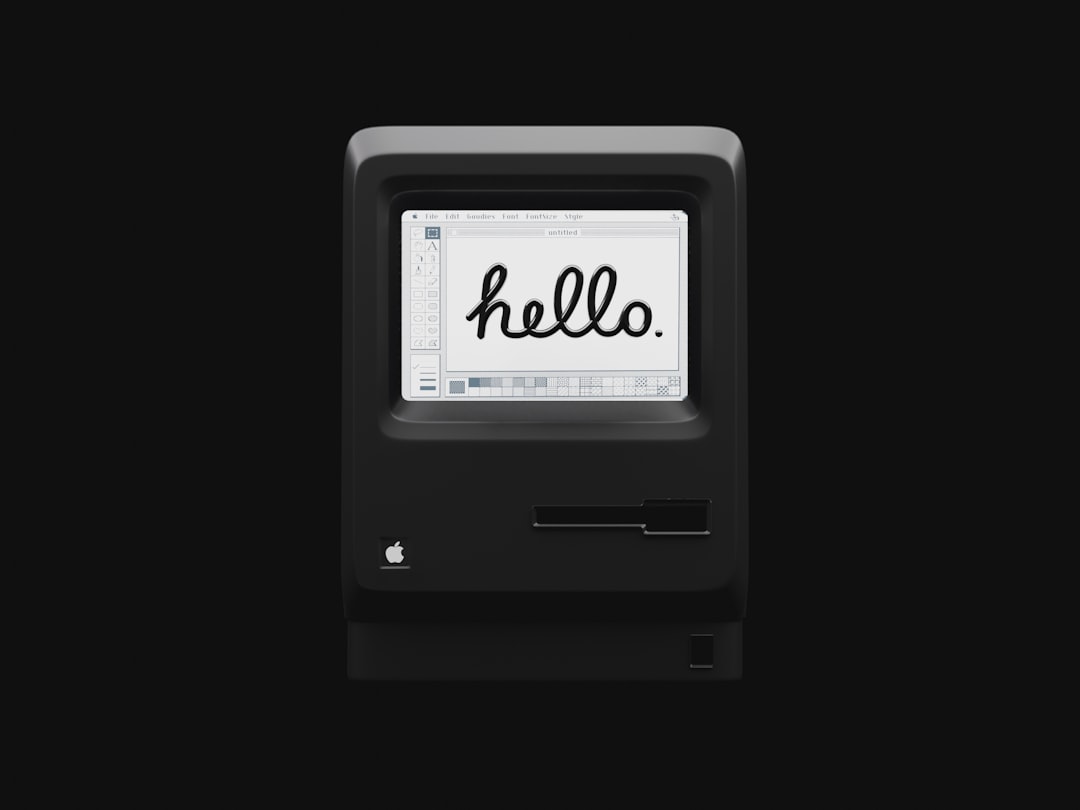When staying connected for groups is important, the choice between Facebook Messenger and Discord for group chats is more than just a preference—it's about finding the right tool for your community's needs.
This article will guide you through the perks and pitfalls of these popular platforms.
Whether for casual catch-ups or structured discussions, this comparison will help you navigate the nuances of each platform!
Facebook Messenger: The Comfort of Familiarity, With The Problem of Interface
Pro: Widespread Use
Facebook Messenger's trump card is its enormous user base, encompassing many age ranges and technical abilities.
Its familiarity, and free offering, makes it an attractive offering for groups looking for a platform where most members are likely already active, reducing the hassle of getting everyone on board (this is called user adoption).
Pro: Quick Chat, Quick Replies
If your group thrives on lively, quick-response conversations, Messenger's format is ideal. It's designed for rapid, back-and-forth messaging, perfect for groups that need to stay updated in real time.
This is particularly helpful for groups that don't need to reference content and messages that were previously sent. Below, we'll get into that.

Pretty much everyone knows how to use Messenger! - Photo by camilo jimenez / Unsplash
Con: Keeping Track Can Be Tricky
Do you like getting an overwhelming number of messages, at all hours of the day, and not knowing where the conversation is? As user numbers in individual group chats grow in Messenger, following along can become overwhelming.
Messenger's linear format and speed of messaging can be its downfall for some group chat use-cases.
It's incredibly easy to lose track of conversations, especially if you've been away for a bit. This can be a hindrance for those who need to stay on top of every message, which is why moderating Facebook Messenger can be a nightmare.

Don't get lost in the Group Chat - Photo by Daniel Jensen / Unsplash
Con: Moderation and Monitoring Requires a Human Touch (i.e. Get Ready for a Time-Sink)
Messenger lacks the sophisticated (and automated, granular) moderation tools found on other platforms. This means groups need dedicated individuals to monitor and manage the chat, a commitment that can be demanding in active or large groups.
For moderation purposes, the larger the group, the more you'll need to manually monitor every. single. message. Pretty much plan on assigning a human to monitor, moderate, and manage it at all hours.
Con: Finding Past Messages Can Be Challenging
Looking for specific past discussions in Messenger can be time-consuming, often involving a lot of scrolling, or an adventure using the "Search" function. This could be a drawback for groups that need to refer back to older conversations regularly.
And, once you've referenced or replied to an old comment, don't expect other chat users to put in the effort to read comments around that old comment, for context. Fluid conversations work best, as a result.
Types of Groups Messenger May Be Best For
Messenger is great for casual and informal chats but may not be the best fit for more structured group discussions or those that require easy referencing of past information.
With challenges with moderation, finding past information and conversation context, and overwhelm, this option is best for groups that are already held together by a strong, general bond or purpose. Family and friends groups, hobbyists, etc. may benefit.
Discord: Excellent Structure for Groups, But Poses Possible Challenges for User Adoption With Some Demographics
Pro: Organized and User-Friendly
For those who appreciate a bit more organization, Discord offers a structured approach with separate channels for different topics. This feature is particularly appealing to those familiar with this structure, though it may require some adjustment for new users who are used to Facebook Groups and Messenger formats.
Pro: Automated Help with Moderation and Onboarding
Discord stands out with its ability to automate moderation using custom bots. This feature is a significant time-saver, especially for larger or more structured groups.
Pro: Monetization Opportunities on Discord
Discord offers unique features for monetization that are particularly appealing to creators and community leaders. With options like server boosts and premium memberships, group administrators on Discord can generate revenue, offering exclusive content or special privileges to subscribers.
This aspect is especially beneficial for groups that provide value-added services, tutorials, or exclusive content, creating a potential income stream that Messenger currently lacks.
This is available directly through Discord, or for third-party tools through webhooks.
Pro: Streamlined Permissions Management
When it comes to managing user roles and permissions, Discord provides a more nuanced and user-friendly system. Administrators can set detailed permissions for different roles in the group, controlling who can access certain channels, post messages, or use specific features.
This level of control makes it easier to manage large communities and maintain order, something that Messenger's more basic permission settings don't offer. For instance, on Discord, you can create roles for moderators, VIP members, or new joiners, each with tailored access and capabilities, ensuring a more organized and secure community experience.
This is available directly through Discord, or for third-party tools through webhooks.

Map and navigate user permissions more easily, with Discord - Photo by Dariusz Sankowski / Unsplash
Pro: Efficient Integration and Automation
One of the standout features of Discord is its support for webhooks, which is a significant pro for groups seeking efficient integration with other services and automation. Webhooks in Discord allow for automatic updates and notifications from a variety of external applications directly into Discord channels.
Con: More Complex Than Messenger
You may have noticed that there are more Pros and Cons listed for Discord, than for Messenger. This is because Discord is more complex to use!
This can offer benefits for structured content and engaged communities, but can also hinder user adoption, and be harder to learn and manage.
Moreover, Discord's more complex structure can sometimes make it harder for new users to understand the rules and norms of a community, leading to accidental missteps.
It's a reminder that no matter the platform – whether it's Discord, Messenger, or any other – effective moderation is a blend of technology, clear guidelines, and dedicated individuals working together to create a positive and engaging community space.
Con: Very Unique UI (User Interface)
While Discord is used for many applications (even education), Discord is most popular amongst tech crowds: coders, programmers, gamers, AI enthusiasts, and more.
This means that your Discord community can receive timely updates from services like GitHub for code commits, Trello for project management updates, or even RSS feeds for the latest news or blog posts.
As such, the design of the app itself is very specific to that audience. It may be confusing to use for some demographics that are not familiar with interfaces like these, and user adoption may suffer as a result.
While not strictly true, age is a common user base delineation for Discord, due to the very specific, modern interface. Some users may face challenges in using and understanding the app, and may choose not to use it at all. Having a strong, specific purpose for the Group will encourage user adoption, and help to leap over these practical hurdles.

There may be a user divide, when it comes to understanding and using Discord - Photo by Tania Melnyczuk / Unsplash
Con: Moderation Isn't Perfect, Here, or Anywhere
Even with its advanced features, Discord's moderation system isn't without its challenges. While the platform offers a degree of automation and customization that Messenger lacks, it's important to remember that no system is foolproof.
Managing a large and active community on Discord can still be demanding.
Automated moderation bots help, but they require setup and maintenance, and they're not always perfect in discerning context or nuances in conversations. Human oversight remains crucial to ensure a respectful and constructive environment.
Types of Groups Messenger May Be Best For
For groups that are looking to monetize their community or require sophisticated user management, Discord offers clear advantages over Facebook Messenger. With its monetization tools and advanced permission settings, Discord caters to a wider range of group needs, from casual chats to professionally managed communities.
Finding Your Perfect Chat Space
Choosing between Facebook Messenger and Discord really depends on what your group needs. If you're after something familiar and straightforward for casual chats, Messenger might be just what you need. But if you're looking for more organization and efficiency, especially for more focused group discussions, Discord could be your new best friend.
With new features like Chat Channels, Facebook is trying to bring some of Discord's structured style to Messenger. It's a step in the right direction, but there's still a way to go in matching Discord's more advanced options.
In the end, it's all about balancing ease of use with the specific needs of your group. Whichever platform you choose, happy chatting!
